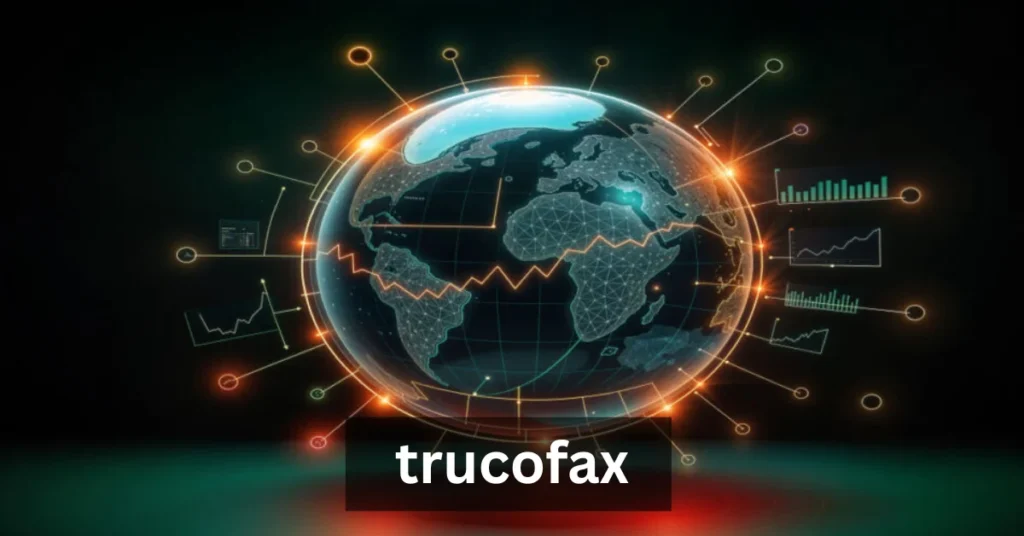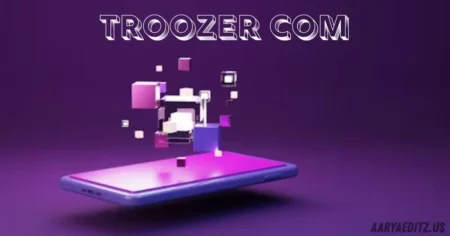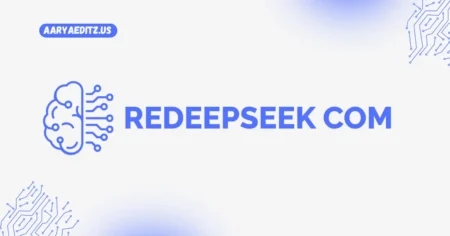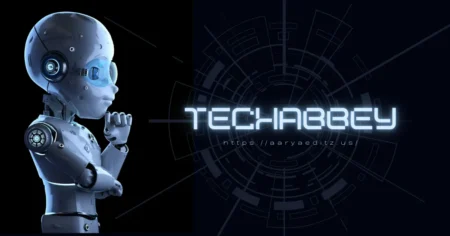The internet is full of new buzzwords, platforms, and concepts that seem to pop up almost overnight. One of the newer names that has started surfacing in discussions, searches, and digital spaces is trucofax. At first glance, the term might seem mysterious or even made up, but like most online phenomena, it has quickly become a point of curiosity.
So, what exactly is trucofax? While its definition is still evolving, the keyword is being tied to ideas around information, transparency, and tools designed to make accessing knowledge easier. The charm of trucofax lies in its open-endedness. People are attaching different meanings to it depending on their industries—some see it as a brand, others as a tool, and some as a movement toward digital credibility.
In this article, we’ll break down what trucofax could mean, why it’s being talked about, and how it might play a role in shaping the way we interact with information, technology, and trust online. Whether you’re coming across it for the first time or you’ve heard it floating around in niche spaces, by the end, you’ll have a clearer understanding of the buzz around trucofax.
The Origins of Trucofax: How Did This Word Come Into Play?
Like many new online terms, the exact origin of trucofax isn’t well-documented. It seems to have started as a coined term, possibly from a blend of “trick” or “true” (suggesting truth) and “fax” (a nod to facts or factual data). When words like this appear, they often gain traction because they are easy to pronounce, look modern, and carry a sense of mystery that sparks interest.
One possible interpretation is that trucofax began as a digital brand name or placeholder concept, then evolved as people started attaching their own meanings to it. This happens more often than we realize. For example, terms like “Google” and “Yahoo” didn’t mean much until they were branded into recognizable tech identities. Trucofax could be following a similar path, evolving from an unusual word into something people start associating with reliability, technology, or even entertainment.
Another reason the term feels familiar is that it fits the trend of internet lingo blending credibility with tech-driven suffixes. Words like “metafacts,” “datafax,” or “truebit” have already created a culture of branding that emphasizes truth and digital verification. Trucofax may have tapped into that ecosystem, standing as a quirky but memorable keyword.
Trucofax and the World of Digital Trust
One of the biggest problems in today’s online environment is trust. With fake news, manipulated data, and misinformation spreading like wildfire, people are desperate for tools that help them separate truth from noise. Trucofax, with its very name suggesting “true facts,” could be positioned as a potential solution to this problem.
Think about it—if you’re scrolling through social media, it’s hard to tell what’s real and what’s fabricated. Articles get shared without fact-checking, AI-generated content blurs authenticity, and even images can be misleading thanks to advanced editing tools. A system, brand, or concept like trucofax could easily be imagined as the middle ground that verifies information and reassures readers.
In this sense, trucofax wouldn’t just be a catchy word; it could represent a bigger push toward accountability in the digital age. If it develops into a platform or tool, it could very well be used for fact-checking, certification, or even AI-driven credibility scoring. That’s where the buzz really begins—because anything tied to improving online trust is going to resonate with users, businesses, and regulators.
How Businesses Could Leverage Trucofax
Let’s step into the shoes of a business owner. Imagine you’re running a company, and you want your customers to feel confident about your claims, products, and services. A concept like trucofax could be a game-changer. By associating your business with something that emphasizes truth and facts, you automatically gain credibility in the eyes of customers.
For example, e-commerce businesses could use a trucofax verification badge to prove that their product descriptions are accurate, their reviews are authentic, and their promises are backed by facts. This kind of branding could set them apart in a crowded market where customers often feel skeptical.
Similarly, companies in finance, education, or healthcare could find tremendous value in aligning with a concept like trucofax. Financial institutions could use it to prove transparency in their transactions, educators could use it to validate learning materials, and healthcare providers could use it to ensure patients are getting evidence-based information. The possibilities are endless when you look at trucofax as more than just a word and instead as a potential ecosystem of credibility.
Trucofax in the Age of AI and Automation
Artificial intelligence is rapidly changing how we consume and create information. While this is exciting, it also comes with challenges—chief among them being authenticity. We live in a time when AI can write articles, generate images, and even produce voices that sound indistinguishable from humans. This makes it harder than ever to trust what you see online.
Here’s where trucofax fits perfectly. If framed as a fact-verification or trust-based framework, it could be the missing piece in the AI-driven puzzle. Imagine AI-generated articles automatically being passed through a trucofax filter, which cross-checks claims, sources, and statistics before publishing. That would significantly reduce the chances of misinformation slipping through.
On the consumer side, users could benefit from a browser extension or mobile app powered by trucofax. With just one click, you could know if an article, product, or even a social media post has been validated as accurate. In an AI-driven future, such tools won’t just be helpful—they’ll be essential for survival in the sea of content.
Cultural Significance: Why Trucofax Appeals to People
Words carry power, and trucofax has the kind of vibe that makes people stop and take notice. It’s short, quirky, and has that modern-tech sound to it that fits in well with today’s digital branding culture. But beyond that, it appeals because it taps into something universal—our collective desire to know the truth.
From politics to business to everyday conversations, people crave transparency. We want to believe that what we’re reading or buying is authentic. Trucofax, whether by accident or by design, captures that cultural sentiment. It feels like a term that can easily evolve into a movement for digital honesty.
That cultural appeal is what makes it so versatile. It could end up being used in marketing campaigns, as a community-driven project, or even as slang for calling out real versus fake. For example, you could imagine someone saying, “Is that trucofax?” in the same way we use phrases like “Is that legit?” This adaptability makes the keyword even more powerful in today’s ever-changing online world.
The Potential Future of Trucofax
While it’s still early days for the term, the potential for trucofax is huge. If entrepreneurs, developers, or even communities decide to build around it, we could see it turn into an app, a verification system, or even a social movement. In fact, many great innovations started with nothing more than a catchy name and a powerful idea behind it.
One likely future is trucofax developing into a digital service similar to how fact-checking organizations like Snopes or FactCheck.org operate. But with the tech edge, it could be faster, automated, and AI-driven. Another possibility is it becoming a certification label, where websites or companies proudly display “Trucofax Verified” to prove their credibility.
The exciting part is that the future of trucofax isn’t fixed—it’s flexible and dependent on how people decide to use it. That’s the beauty of new internet-native terms. They evolve organically, shaped by culture, need, and creativity. If it gains enough traction, trucofax could be one of those rare terms that transition from obscurity to mainstream recognition.
Should You Pay Attention to Trucofax?
If you’re reading this and thinking, “Okay, but why should I care?”—the answer is simple: because words like trucofax often evolve into bigger things. Today, it may just be a mysterious keyword floating around, but tomorrow, it could be a platform you use daily or a standard businesses rely on.
For content creators, marketers, and business professionals, it’s always wise to keep an eye on emerging trends. If trucofax becomes tied to truth verification, early adopters will gain an edge. Being ahead of the curve can help you build trust with your audience, which is one of the most valuable currencies in the digital era.
On a personal level, even if trucofax never turns into a platform, its very essence can inspire you. The idea of seeking facts, valuing truth, and striving for transparency is something we all need more of, especially in a world dominated by noise and half-truths.
Final Thoughts
Trucofax may still be a relatively unknown term, but it has all the ingredients to become something much bigger. Its unique blend of credibility, curiosity, and cultural appeal makes it more than just another keyword—it’s a concept with potential. Whether it evolves into a tool for fact-checking, a business certification system, or simply a cultural catchphrase, it’s worth keeping on your radar.



